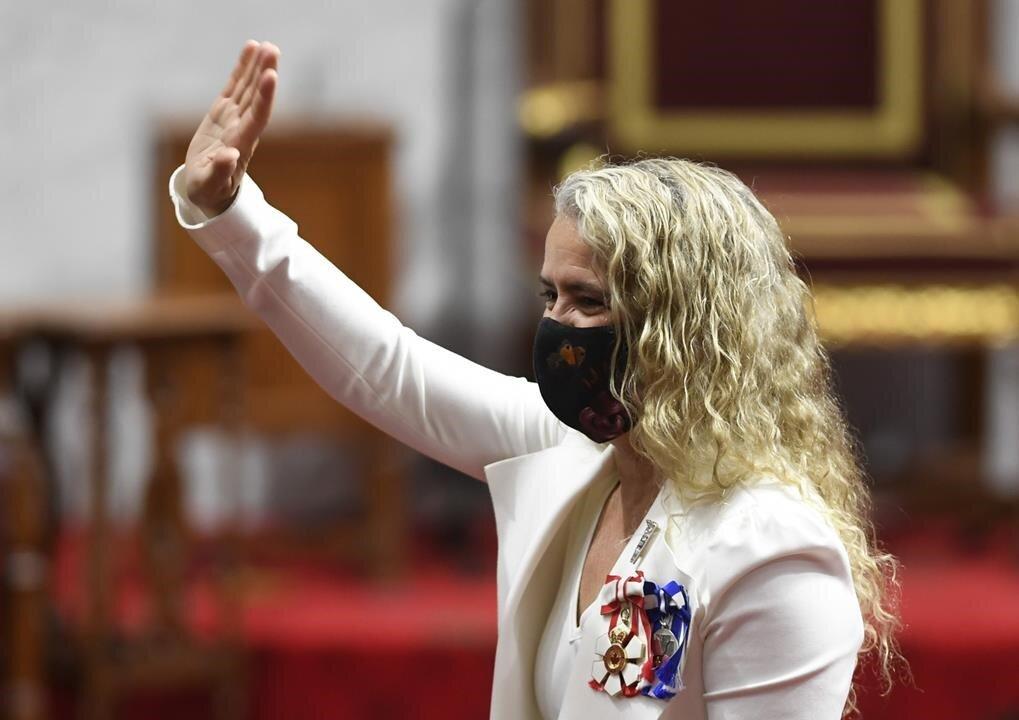OTTAWA—The minority Liberal government has unveiled what it calls an “ambitious plan for an unprecedented reality'' that pledges to create over one million jobs and massively expand or introduce benefit programs and support for nearly every sector of society.
The Conservatives immediately responded by saying they would not support the plan and the Bloc Quebecois said it proposes too many intrusions into provincial jurisdiction, likely leaving the fate of the minority Liberal government in the hands of Jagmeet Singh and the New Democrats.





